When it comes to doing laundry, one of the most essential decisions to make is choosing the right type of detergent for your front load washing machine. There are two main options available on the market: powder detergent and liquid detergent. Both have their own set of pros and cons, and the choice between the two ultimately depends on your personal preferences and needs. Powder detergent has been a staple in households for many years. It is known for its ability to effectively clean clothes and remove tough stains. The powder form is easy to store and tends to have a longer shelf life compared to liquid detergent. Additionally, powder detergent is often more cost-effective as you can control the amount you use per load, which can help save money in the long run. On the other hand, liquid detergent has gained popularity in recent years due to its convenience and ease of use. Liquid detergent is pre-dissolved, making it a good choice for those who want a hassle-free laundry experience. It is known for its ability to effectively clean clothes, especially in cold water.
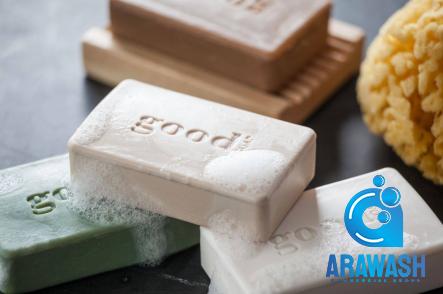
.
 Liquid detergent is also less likely to leave residue on clothes or in the washing machine, making it a preferred choice for those with sensitive skin or allergies. When deciding between powder and liquid detergent for your front load washing machine, there are several factors to consider. One of the main considerations is the type of stains and dirt you are dealing with. Powder detergent is generally more effective at tackling tough stains and odors, making it a good choice for households with active lifestyles or young children. Liquid detergent, on the other hand, is better suited for general everyday cleaning and maintenance of clothes. Another important factor to consider is the water hardness in your area. Hard water can impact the effectiveness of both powder and liquid detergent. In areas with hard water, powder detergent may be a better option as it contains ingredients that can help soften the water and improve cleaning performance. However, some liquid detergents are formulated specifically for use in hard water conditions and may be a suitable alternative. It’s also worth considering the environmental impact of your choice. Powder detergent is generally considered to be more environmentally friendly as it often comes in recyclable cardboard packaging and requires less plastic for storage. However, some liquid detergents are now available in eco-friendly packaging and formula, making them a viable option for those looking to reduce their carbon footprint. When using either powder or liquid detergent in a front load washing machine, it’s important to follow the manufacturer’s instructions for the best results. Be sure to measure the correct amount of detergent for each load based on the size of the load and the level of soiling. Using too much detergent can result in excessive sudsing and poor cleaning performance, while using too little may not effectively clean your clothes. In conclusion, both powder and liquid detergent have their own strengths and weaknesses when it comes to using them in a front load washing machine.
Liquid detergent is also less likely to leave residue on clothes or in the washing machine, making it a preferred choice for those with sensitive skin or allergies. When deciding between powder and liquid detergent for your front load washing machine, there are several factors to consider. One of the main considerations is the type of stains and dirt you are dealing with. Powder detergent is generally more effective at tackling tough stains and odors, making it a good choice for households with active lifestyles or young children. Liquid detergent, on the other hand, is better suited for general everyday cleaning and maintenance of clothes. Another important factor to consider is the water hardness in your area. Hard water can impact the effectiveness of both powder and liquid detergent. In areas with hard water, powder detergent may be a better option as it contains ingredients that can help soften the water and improve cleaning performance. However, some liquid detergents are formulated specifically for use in hard water conditions and may be a suitable alternative. It’s also worth considering the environmental impact of your choice. Powder detergent is generally considered to be more environmentally friendly as it often comes in recyclable cardboard packaging and requires less plastic for storage. However, some liquid detergents are now available in eco-friendly packaging and formula, making them a viable option for those looking to reduce their carbon footprint. When using either powder or liquid detergent in a front load washing machine, it’s important to follow the manufacturer’s instructions for the best results. Be sure to measure the correct amount of detergent for each load based on the size of the load and the level of soiling. Using too much detergent can result in excessive sudsing and poor cleaning performance, while using too little may not effectively clean your clothes. In conclusion, both powder and liquid detergent have their own strengths and weaknesses when it comes to using them in a front load washing machine.
..
 The choice between the two ultimately comes down to personal preference, the type of stains you are dealing with, water hardness in your area, and environmental considerations. Whichever option you choose, following the manufacturer’s instructions and using the correct amount of detergent per load will ensure that your clothes are clean and fresh after each wash. When it comes to the specific benefits of using powder detergent in a front load washing machine, there are a few key advantages to consider. Powder detergent is known for its powerful cleaning capabilities, especially when it comes to tackling tough stains and odors. The concentrated formula of powder detergent allows it to effectively penetrate fabric fibers and lift dirt and grime from your clothes. Furthermore, powder detergent tends to be more cost-effective in the long run compared to liquid detergent. With powder detergent, you have more control over the amount used per load, allowing you to adjust based on the size of the load and level of soiling. This can help you save money on detergent costs over time, especially if you are doing multiple loads of laundry each week. Another advantage of using powder detergent in a front load washing machine is its ability to be stored for long periods without losing effectiveness. Powder detergent typically has a longer shelf life compared to liquid detergent, making it a convenient option for households looking to buy detergent in bulk or store it for extended periods. However, there are some drawbacks to using powder detergent in a front load washing machine that are important to consider. One potential issue is the risk of residue buildup in the machine or on clothes if the detergent is not fully dissolved during the wash cycle. To prevent this, it’s important to ensure that the detergent is added to the washing machine properly and that any residue is rinsed away during the cycle. Additionally, some users may find that powder detergent can be more challenging to measure and dispense compared to liquid detergent. It’s important to use the correct amount of powder detergent per load to avoid issues such as excess sudsing or poor cleaning performance. Using too little detergent may result in clothes not being cleaned effectively, while using too much can leave residue and buildup in the machine.
The choice between the two ultimately comes down to personal preference, the type of stains you are dealing with, water hardness in your area, and environmental considerations. Whichever option you choose, following the manufacturer’s instructions and using the correct amount of detergent per load will ensure that your clothes are clean and fresh after each wash. When it comes to the specific benefits of using powder detergent in a front load washing machine, there are a few key advantages to consider. Powder detergent is known for its powerful cleaning capabilities, especially when it comes to tackling tough stains and odors. The concentrated formula of powder detergent allows it to effectively penetrate fabric fibers and lift dirt and grime from your clothes. Furthermore, powder detergent tends to be more cost-effective in the long run compared to liquid detergent. With powder detergent, you have more control over the amount used per load, allowing you to adjust based on the size of the load and level of soiling. This can help you save money on detergent costs over time, especially if you are doing multiple loads of laundry each week. Another advantage of using powder detergent in a front load washing machine is its ability to be stored for long periods without losing effectiveness. Powder detergent typically has a longer shelf life compared to liquid detergent, making it a convenient option for households looking to buy detergent in bulk or store it for extended periods. However, there are some drawbacks to using powder detergent in a front load washing machine that are important to consider. One potential issue is the risk of residue buildup in the machine or on clothes if the detergent is not fully dissolved during the wash cycle. To prevent this, it’s important to ensure that the detergent is added to the washing machine properly and that any residue is rinsed away during the cycle. Additionally, some users may find that powder detergent can be more challenging to measure and dispense compared to liquid detergent. It’s important to use the correct amount of powder detergent per load to avoid issues such as excess sudsing or poor cleaning performance. Using too little detergent may result in clothes not being cleaned effectively, while using too much can leave residue and buildup in the machine.
…
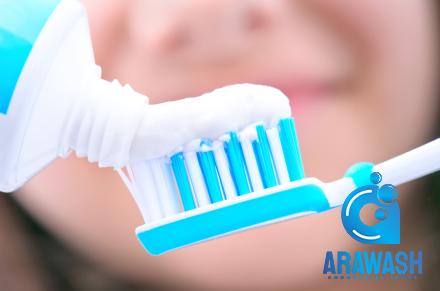 When it comes to using liquid detergent in a front load washing machine, there are several distinct advantages to consider as well. Liquid detergent is pre-dissolved, making it easy to measure and dispense for each load of laundry. This convenience factor can be a major selling point for those looking for a hassle-free laundry experience. Liquid detergent is also known for its effectiveness in cold water washing, making it a good choice for those who prefer to save energy by washing clothes in lower temperatures. The pre-dissolved formula of liquid detergent allows it to dissolve quickly and thoroughly in the wash cycle, ensuring that clothes are cleaned effectively even in cold water. Furthermore, liquid detergent is less likely to leave residue on clothes or in the washing machine compared to powder detergent. Liquid detergent typically rinses away cleanly during the wash cycle, leaving clothes feeling soft and fresh without any leftover soap scum or buildup. This can be beneficial for those with sensitive skin or allergies who may be more prone to irritation from residue left by powder detergent. However, there are some potential downsides to using liquid detergent in a front load washing machine. Liquid detergent is generally more expensive per load compared to powder detergent, as it often comes in smaller, pre-measured bottles that can be more costly over time. Additionally, the plastic packaging used for liquid detergent may not be as environmentally friendly as the cardboard packaging often used for powder detergent. In conclusion, the choice between using powder or liquid detergent in a front load washing machine ultimately depends on your personal preferences, the type of stains you are dealing with, water hardness in your area, and environmental considerations. Both types of detergent have their own set of advantages and disadvantages, so it’s important to weigh these factors carefully before making a decision. Regardless of whether you choose powder or liquid detergent for your front load washing machine, following the manufacturer’s instructions for proper dosing and usage will help ensure that your clothes are cleaned effectively and come out fresh and smelling great after each wash. With the right detergent and proper laundry care, you can keep your clothes looking their best and extend the life of your favorite garments for years to come.
When it comes to using liquid detergent in a front load washing machine, there are several distinct advantages to consider as well. Liquid detergent is pre-dissolved, making it easy to measure and dispense for each load of laundry. This convenience factor can be a major selling point for those looking for a hassle-free laundry experience. Liquid detergent is also known for its effectiveness in cold water washing, making it a good choice for those who prefer to save energy by washing clothes in lower temperatures. The pre-dissolved formula of liquid detergent allows it to dissolve quickly and thoroughly in the wash cycle, ensuring that clothes are cleaned effectively even in cold water. Furthermore, liquid detergent is less likely to leave residue on clothes or in the washing machine compared to powder detergent. Liquid detergent typically rinses away cleanly during the wash cycle, leaving clothes feeling soft and fresh without any leftover soap scum or buildup. This can be beneficial for those with sensitive skin or allergies who may be more prone to irritation from residue left by powder detergent. However, there are some potential downsides to using liquid detergent in a front load washing machine. Liquid detergent is generally more expensive per load compared to powder detergent, as it often comes in smaller, pre-measured bottles that can be more costly over time. Additionally, the plastic packaging used for liquid detergent may not be as environmentally friendly as the cardboard packaging often used for powder detergent. In conclusion, the choice between using powder or liquid detergent in a front load washing machine ultimately depends on your personal preferences, the type of stains you are dealing with, water hardness in your area, and environmental considerations. Both types of detergent have their own set of advantages and disadvantages, so it’s important to weigh these factors carefully before making a decision. Regardless of whether you choose powder or liquid detergent for your front load washing machine, following the manufacturer’s instructions for proper dosing and usage will help ensure that your clothes are cleaned effectively and come out fresh and smelling great after each wash. With the right detergent and proper laundry care, you can keep your clothes looking their best and extend the life of your favorite garments for years to come.
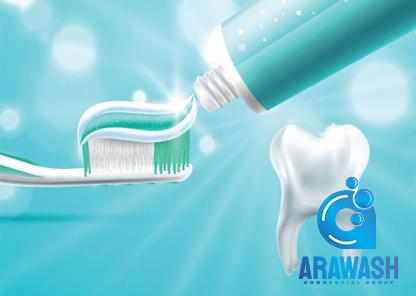
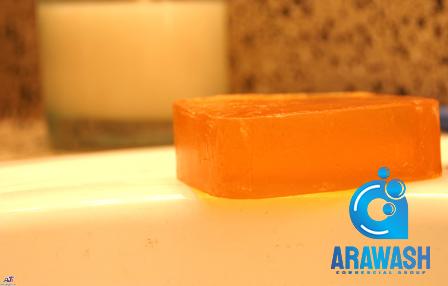

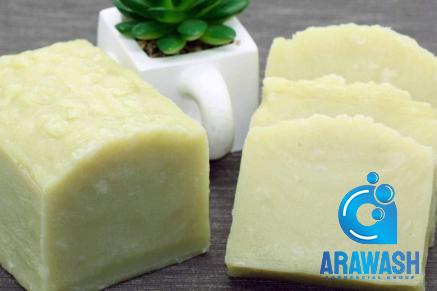
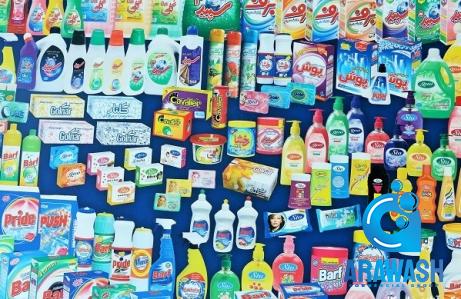
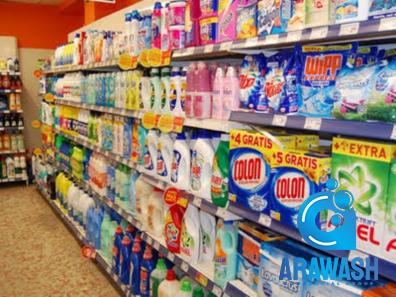
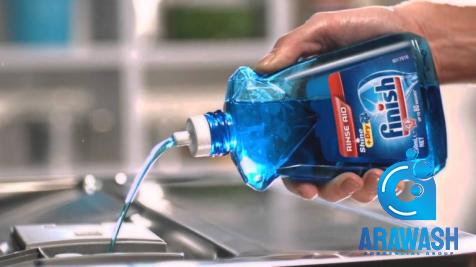
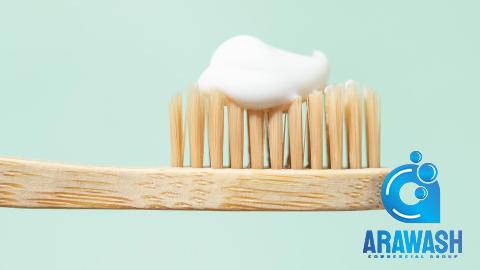

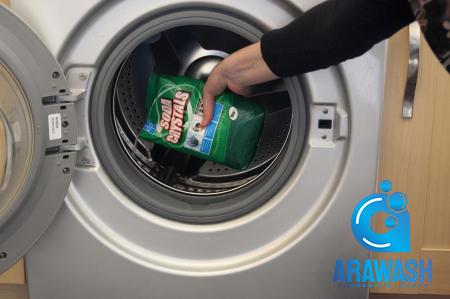
Your comment submitted.